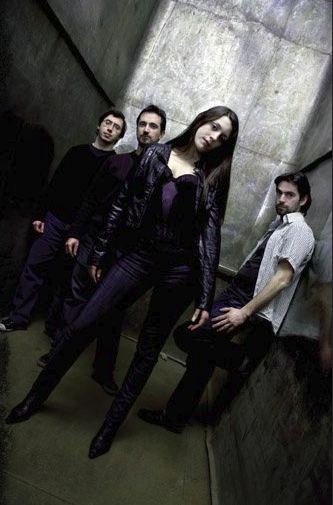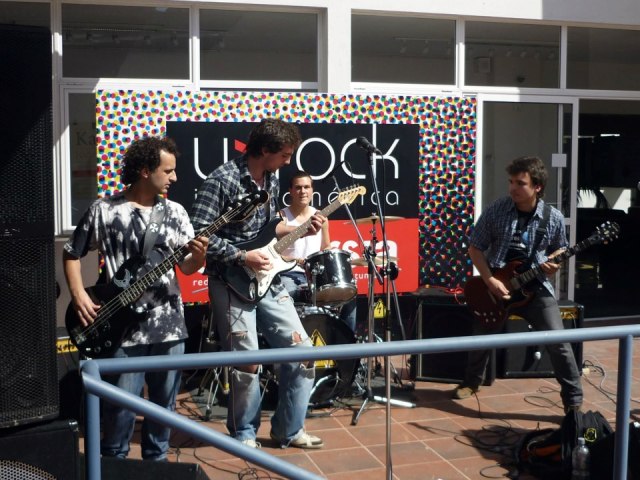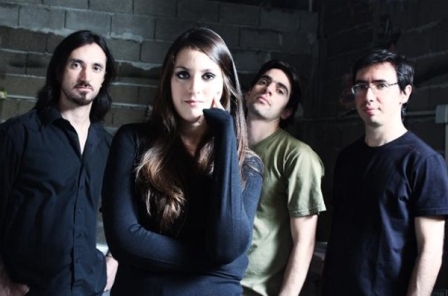(Read Cínica’s profile in the first part of this review)

In art as in life, sometimes execution and ideals can occupy adjacent squares. That is rare, but it does happen sometimes. Think of Jeff Buckley, or Soul Asylum. When it happens, the music creates a mold of its own. And the musician ends up in a position that was perfectly defined by Cat Stevens in the song “Sitting”: “Sitting on my own not by myself, everybody’s here with me / I don’t need to touch your face to know, and I don’t need to use my eyes to see”. All senses but one are rendered superfluous because the power of sound conveys all there is to convey. It is the biggest form of communion between an artist and his public.
Yet, that is not the norm. In the same way that one has to renounce to some (or many) dreams in order to succeed in life, any performer that wants to make it has to sacrifice that ability to stand alone in the most crowded of places (yet always present and seemingly reachable to everybody) and gain a kind of immediacy that in the end disconnects him from those who cared about him, and that he cared about.
I am under the direct impression that many Uruguayan bands do not break into the big time internationally because not many of them are ready to make these sacrifices, compromises or whatever you want to call them. We are a small country, and the sense of unity is very strong – far, far more than some like to admit. There are unwritten rules and lines to toe that actually cross our geographical borders. Any Uruguayan artist crosses a single one of these, and the rest of us look askance on him for evermore.
It is difficult not to think about that when running through the songs any Uruguayan band records for its debut, and wonder whether or not they will reach the end of the process with the same frame of mind they had started out. In the case of Cínica, its first EP (to be self-funded and self-released by the band) will have four original compositions, and one of these (“Panacea”) is also going to be featured in an acoustic version. The remaining songs are “Salvación” [Salvation], “Conciencia” [Conscience] and “Velo Frío” [Cold Veil]. The music is colored with the melodic canvass of a band like Dream Theater, and intermittent brushes of Pink Floyd are used to decorate the remaining spaces.
On the whole, the playing is as tight as that of any band that has been around for some time (Cínica first got together in 2008) I was particularly pleased with the work of the lead guitarist and the drummer (Marcelo Simonetti and Manuel Kastanas respectively, the two founding members of the band). The guitar is suitably stinging and the way the drums are pounded makes me think of a heart that is flayed but that refuses to stop, accelerating when the lyrics require it (listen to the chorus of “Salvación” [Salvation] for a clear example). The combo is rounded up by singer Victoria Campbell and Marcelo’s brother Gonzalo in bass. Victoria’s vocals are focused, and Gonzalo gallops along to the beats set by Manuel pleasurably enough. Marcelo also sings backup, and the first lines of “Conciencia” [Conscience] are actually sung by him.
Both “Salvación” and “Conciencia” are studies on the perils of submissive acceptance in which the catharsis is brought by the instruments, but my personal favorite from these sessions is “Panacea”, maybe on the strength of the intimidating vocals. The sound also seems even more fleshed out than in the other cuts, with the song bearing the most refined introduction from the whole set. Continue reading →





